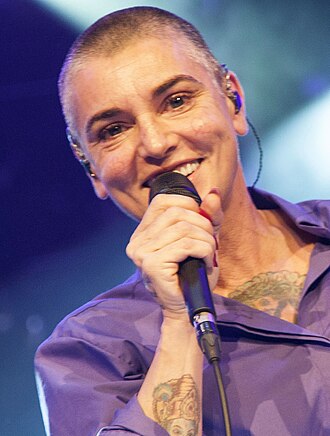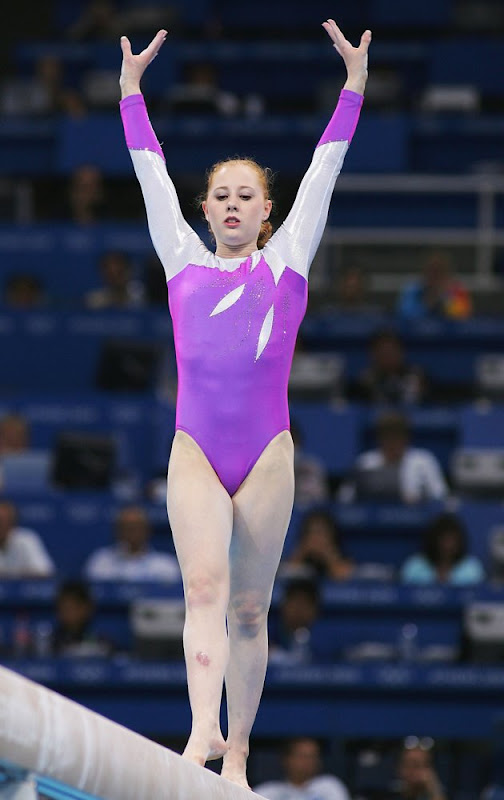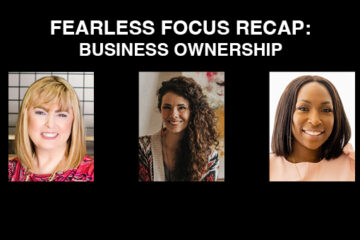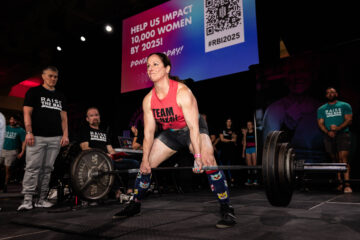
| Why do some women become whistleblowers, while others keep silent? I’ve been thinking about this question following the July 26 death of Irish singer Sinead O’Connor. I was 10 years old on Oct. 3, 1992, when O’Connor performed on “Saturday Night Live,” ultimately ripping up a photograph of Pope John Paul II. I certainly wasn’t watching “Saturday Night Live” in 1992 but I do remember seeing the headlines. As a rural kid from a devout Catholic family (my father’s first cousin is a nun), I was quick to judge: This bald, subversive punk just wanted attention. I didn’t know that O’Connor was trying to blow the whistle on sexual abuse within the Catholic Church. I didn’t know her mother had abused her. I didn’t know about the Magdalene Laundries in Ireland, where O’Connor lived as a teenager. There was so much I didn’t know. As girls and as women, we are often taught to be nice. Be quiet. Be polite – and later, be professional. Keep your head down and don’t complain. So why do some women speak up? Is it in their DNA? Or can whistleblowing be learned behavior? If so, how do we nurture it and encourage it? I used to coach gymnastics. In recent years, I have spoken to my students candidly about whistleblowing. |
 I tell them about Australian gymnast Allana Slater. I tell them about Australian gymnast Allana Slater.Slater’s name is not known outside gymnastics circles. But Slater likely saved someone from injury or even death by whistleblowing. During the 2000 Olympic Games in Sydney, the vaulting horse was set 5 centimeters too low during the women’s all-around finals and likely in preliminaries. The falls on the vault during that Olympics are some of the most terrifying I’ve ever seen in the sport. American Elise Ray and the favorite to win the all-around, Russia’s Svetlana Khorkina, were among those who crashed. Some gymnasts felt something was off, that the vaulting horse seemed too low. But no one spoke up. No one until Allana Slater. She told her coach – but perhaps more importantly, she told the judges. The meet was stopped. The vaulting horse was measured and then raised. The gymnasts in the first two rotations were given a second chance to vault. Slater was correct about the height of the vault. And we know now that O’Connor was extremely correct about widespread sexual abuse in the Catholic Church. Why didn’t we listen to her? Was it because of the way she looked? Or the medium she chose? I watched a clip of her “SNL” performance last week, which can be difficult to find online. I wondered if the public reaction would have been different if she had been a man. O’Connor’s whistleblowing effectively ended her career in the U.S. The stakes are also high for employees who report malfeasance at their companies, according to this Harvard Business School story. But companies can ultimately benefit from whistleblowers. That doesn’t make it any easier. Women who speak about abuse, about unethical or even illegal practices, are often dismissed or fired. In the best-case scenario, they are labeled as complainers. They’re sore losers, they’re mentally ill, they’re disgruntled former employees. We’ve all heard the labels. They risk losing their jobs, their mental health, their physical health, their relationships, even thousands of dollars in legal counsel and regular counseling. But what if we stopped labeling and started listening? What if we told their stories? I don’t know if whistleblowing can be learned behavior. But I do know that by telling women the stories of whistleblowers, we can empower them to do the same. My daughter is only 7. But when she is a little older, she will know about both Allana Slater and Sinead O’Connor. Whose stories will you tell? Nicole Grundmeier is a Fearless and Business Record staff writer. She covers women’s issues, gender issues and general assignments. Grundmeier can be reached at nicolegrundmeier@bpcdm.com. |


